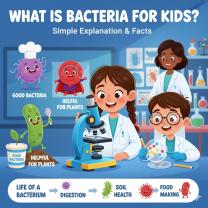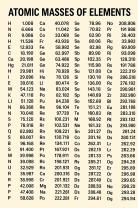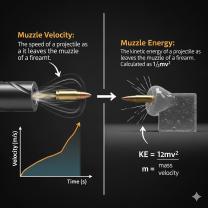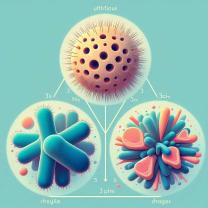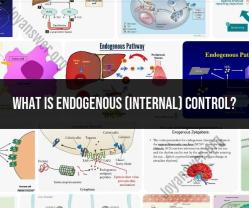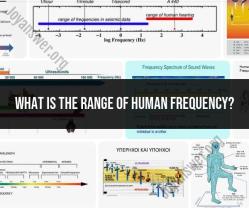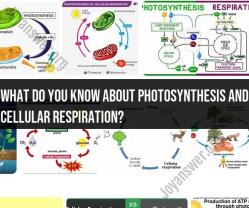Does the evidence support creationism?
The scientific consensus overwhelmingly supports the theory of evolution as the most comprehensive and widely accepted explanation for the diversity of life on Earth. Evolution is grounded in a vast body of empirical evidence from various scientific disciplines, including paleontology, genetics, comparative anatomy, and molecular biology.
Creationism, on the other hand, is often associated with religious beliefs, particularly those rooted in certain literal interpretations of religious texts. While proponents of creationism may present arguments and evidence, it's important to note that the scientific community generally does not consider creationism as a scientific theory. This is because scientific theories are expected to be based on empirical evidence, subject to testing and falsifiability, and capable of making predictions.
Here are some points often presented by creationists and a brief overview of how these align with the scientific consensus:
Religious Texts:
- Creationist Claim: Religious texts, such as the Bible, are considered by creationists as authoritative accounts of the origins of the universe and life.
- Scientific Response: While religious texts are significant for matters of faith, they are not considered empirical evidence in the scientific sense. Science and religion operate in different domains.
Irreducible Complexity:
- Creationist Claim: Some argue that certain biological structures, like the bacterial flagellum, are irreducibly complex and could not have evolved through gradual steps.
- Scientific Response: The concept of irreducible complexity has faced criticism within the scientific community. Many structures initially thought to be irreducibly complex have been shown to have plausible evolutionary pathways.
Gaps in the Fossil Record:
- Creationist Claim: Reference to perceived gaps in the fossil record is sometimes used as evidence against evolution.
- Scientific Response: While the fossil record is incomplete, it contains a wealth of evidence supporting the evolutionary history of life. Many transitional fossils have been discovered, filling in some gaps.
Complexity of Life:
- Creationist Claim: Some argue that the complexity and diversity of life are too intricate to have arisen through natural processes alone.
- Scientific Response: Evolutionary processes, such as natural selection and genetic variation, provide a scientifically robust explanation for the development of complex and diverse life forms over time.
Young Earth Creationism:
- Creationist Claim: Young Earth Creationists assert that the Earth is only a few thousand years old based on a literal interpretation of genealogies in religious texts.
- Scientific Response: Multiple lines of scientific evidence, including radiometric dating, tree rings, and ice cores, strongly support an Earth age of approximately 4.5 billion years.
While individuals are entitled to their personal beliefs, it's important to distinguish between religious beliefs and scientific explanations. The scientific method relies on empirical evidence and testable hypotheses, and as of now, creationism is not considered a scientific theory within the mainstream scientific community. Scientific theories, including the theory of evolution, are subject to ongoing scrutiny and refinement based on new evidence and observations.
How does the available evidence align or relate to the arguments proposed by creationism?
The available evidence in various fields of science, including paleontology, geology, biology, and genetics, consistently supports the theory of evolution and does not align with the arguments proposed by creationism.
Paleontology: The fossil record provides a vast and detailed account of the history of life on Earth, documenting the gradual transition of species over time. This evolutionary progression is incompatible with the creationist notion of sudden appearances of fully formed organisms.
Geology: Geological evidence supports an ancient Earth, with an age of billions of years, contradicting the creationist belief in a young Earth. Radiometric dating techniques provide reliable estimates of the ages of rocks and fossils, further supporting the vast timescale necessary for evolutionary processes.
Biology: The intricate and interconnected nature of biological systems, from the molecular level to the complexity of ecosystems, is consistent with the gradual and cumulative process of evolution. The genetic code, shared by all living organisms, provides compelling evidence of common ancestry and evolutionary relationships.
Genetics: The field of genetics has provided abundant evidence for evolution, demonstrating the mechanisms of genetic variation, inheritance, and natural selection. The ability to observe and manipulate genetic changes in organisms further supports the evolutionary process.
Creationist arguments often rely on misinterpretations of scientific data, logical fallacies, and appeals to faith rather than evidence. The gaps in the fossil record, for instance, are attributed to incompleteness rather than evidence against evolution. Similarly, the existence of irreducible complexity is not a valid argument against evolution, as natural selection can operate on existing structures, gradually modifying them over time.
In conclusion, the available scientific evidence consistently supports the theory of evolution, providing a comprehensive explanation for the diversity and complexity of life on Earth. Creationist arguments, on the other hand, lack scientific support and are often based on misinterpretations or misconceptions.




